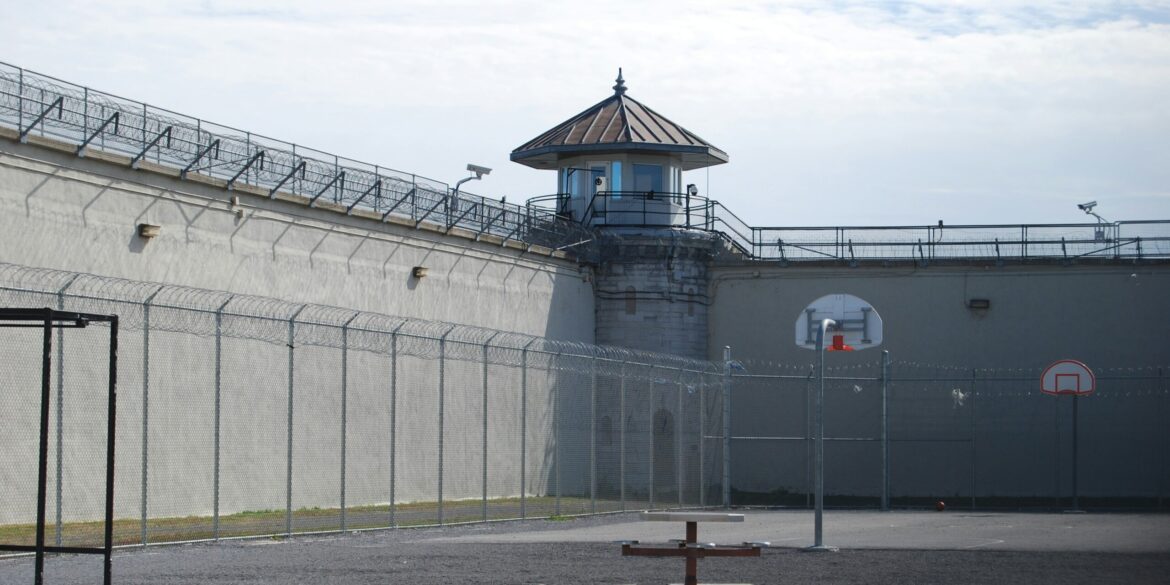The United States Supreme Court has agreed to hear a high-stakes case involving the controversial labor practices at privately-run detention facilities. On June 4, 2025, the Court announced it would review an appeal from GEO Group, one of the nation’s largest private prison operators, which is challenging a lower court’s decision allowing a lawsuit to move forward over the $1-a-day wages paid to detainees working in immigration detention centers.
Background of the Case
The case arises from a class-action lawsuit filed by immigration detainees held at the Aurora Detention Center in Colorado, which is operated by GEO Group under a contract with U.S. Immigration and Customs Enforcement (ICE). The detainees claim they were forced to perform janitorial and other menial labor for as little as $1 per day, despite working full-time shifts. The lawsuit argues that this arrangement violated both minimum wage laws and the Fair Labor Standards Act (FLSA), which mandates that employees receive fair compensation for labor.
The plaintiffs contend that they were coerced into performing the labor, which included tasks like cleaning, serving food, and other duties essential to maintaining the facility. They argue that because they were being held in detention, they had little to no bargaining power and were effectively forced to work under substandard conditions for meager pay.
The issue at hand is not just about the $1-a-day wages, but the broader question of whether private prison companies, which profit from operating detention facilities on behalf of the federal government, should be subject to labor laws that protect workers’ rights. The lawsuit asserts that GEO Group has exploited detainees to supplement its profits, paying them a fraction of what similar labor would command outside of detention centers.
The Appeal and Legal Implications
GEO Group has argued that its contract with ICE allows it to pay detainees a nominal wage for work, claiming that they are not entitled to the same protections as ordinary employees. The company has also contended that it operates these detention facilities as a form of government service, and therefore should be shielded from liability under a sovereign immunity defense.
In December 2024, the U.S. 10th Circuit Court of Appeals ruled that the case could proceed, rejecting GEO Group’s claim of immunity and agreeing that the detainees’ allegations could be subject to scrutiny under labor law. This decision represented a significant victory for the plaintiffs, who had struggled for years to challenge the conditions in private detention centers.
GEO Group quickly filed an appeal to the U.S. Supreme Court, seeking to have the lower court’s ruling overturned. The private prison company argues that requiring them to comply with FLSA would open the floodgates for a wave of litigation against the thousands of private prisons and immigration detention centers operating across the country, potentially costing millions of dollars in back wages and settlements.
The case presents complex legal questions about the rights of detainees in private immigration detention facilities and whether companies like GEO Group, which profit from government contracts, should be held accountable for labor abuses.
Potential Impact on the U.S. Prison System
If the Supreme Court rules in favor of the detainees, it could set a significant precedent for labor rights in detention facilities nationwide. The ruling would establish that detained individuals must be treated as workers with rights to fair compensation, which could reshape how private prison companies operate. This would also put pressure on both state and federal governments to review contracts with private prison operators and implement stricter guidelines regarding detainee labor.
It could also have far-reaching implications for immigration detention policies. The Biden administration has faced increasing scrutiny for its reliance on private prisons to detain undocumented immigrants. A Supreme Court ruling in favor of the plaintiffs could lead to renewed calls for reform of the U.S. immigration system, particularly with regard to the use of private contractors and the conditions in which detainees are held.
The Broader Legal and Ethical Debate
This case also brings to light broader ethical concerns about the treatment of individuals in detention, especially in the context of immigration. Advocates for detainees argue that holding individuals in private, for-profit detention centers only exacerbates human rights violations. They highlight the fact that private prison companies have a financial incentive to cut corners, often at the expense of the welfare and dignity of those incarcerated.
Furthermore, critics argue that the practice of paying detainees such low wages exploits a vulnerable population and raises questions about forced labor and human trafficking. While some argue that the work programs give detainees a chance to earn a small income and occupy their time during detention, others contend that the conditions of detention make it impossible for detainees to make a truly voluntary choice regarding whether to work or not.
What Happens Next
The Supreme Court has scheduled oral arguments for later in the fall of 2025, with a decision expected in early 2026. Should the Court decide to take up the case, it could ultimately impact not just GEO Group but all private prison operators across the United States, influencing how they compensate detainees and possibly leading to sweeping changes in labor law and immigration detention policy.
Conclusion: A Landmark Case in Labor and Immigration Law
The outcome of this case will likely have profound implications for the future of the private prison system and immigration detention policies in the U.S. A ruling in favor of the detainees could spark widespread reform, not only in the way labor is compensated in detention centers but also in how private prison companies operate under government contracts. Legal experts will be watching closely, as this case will have lasting consequences for the intersection of corporate interests, immigration law, and human rights in America.

